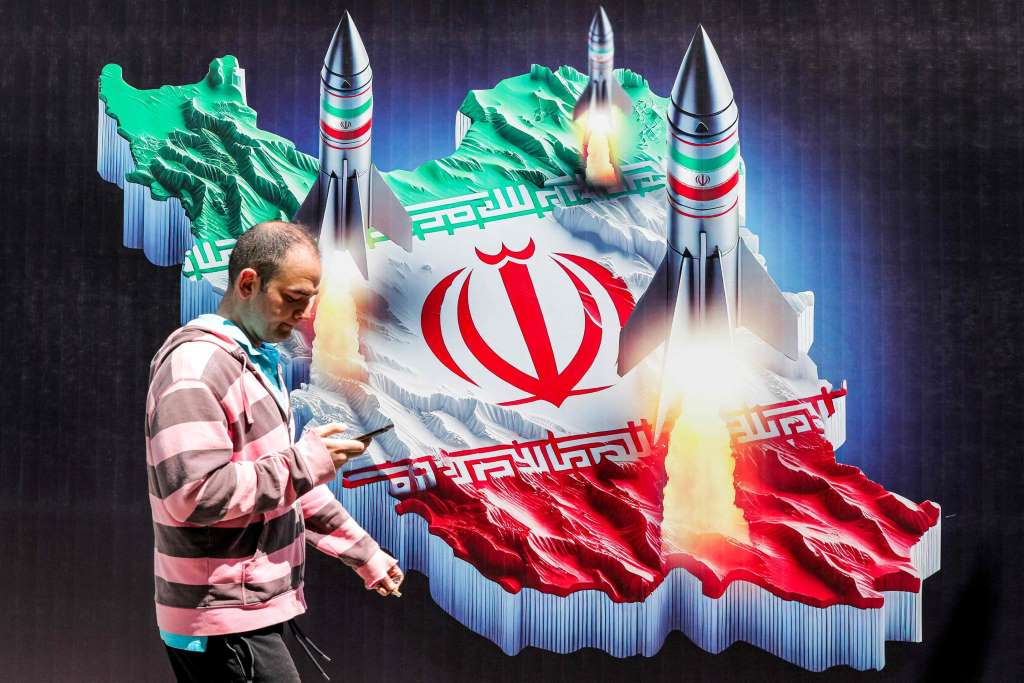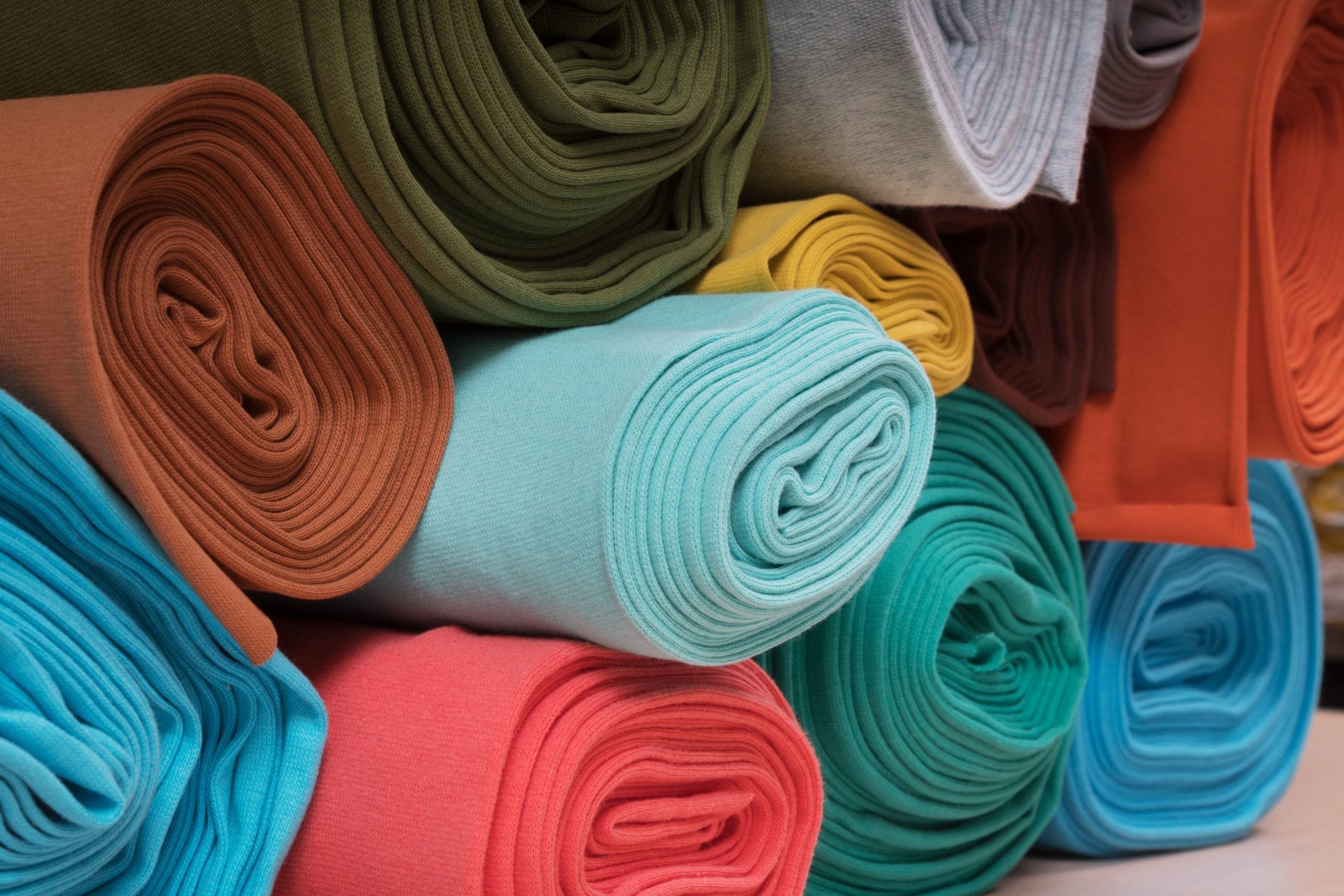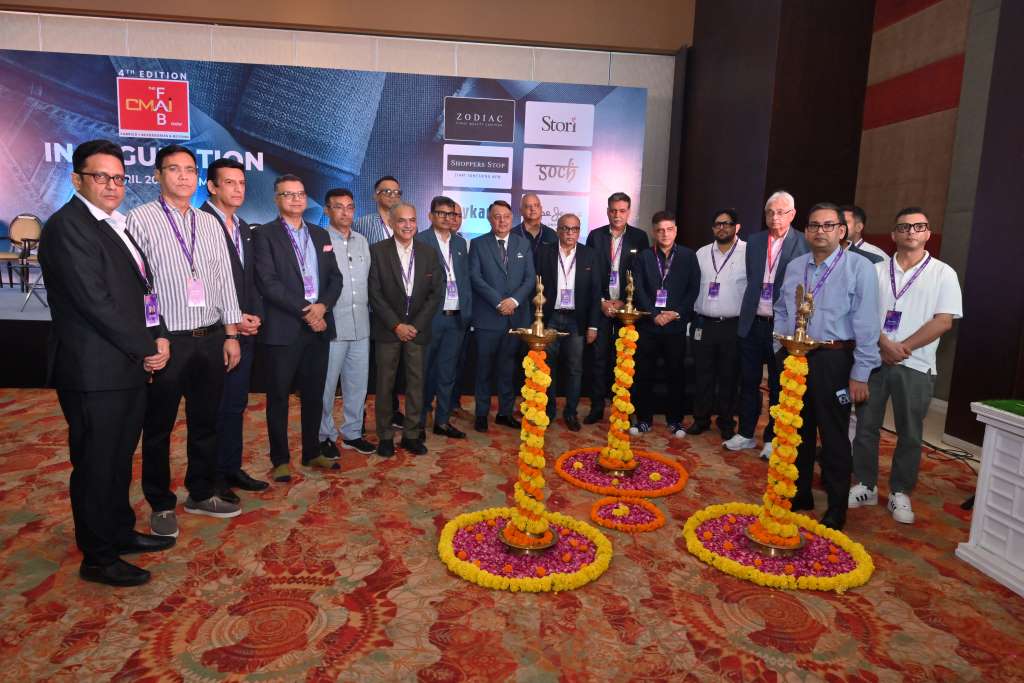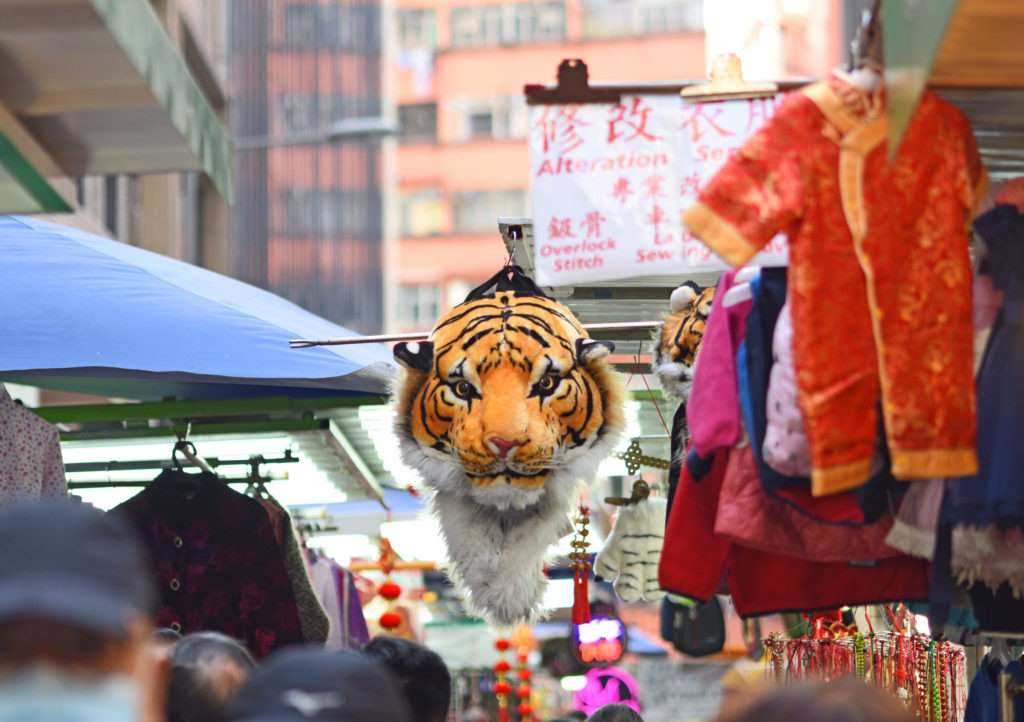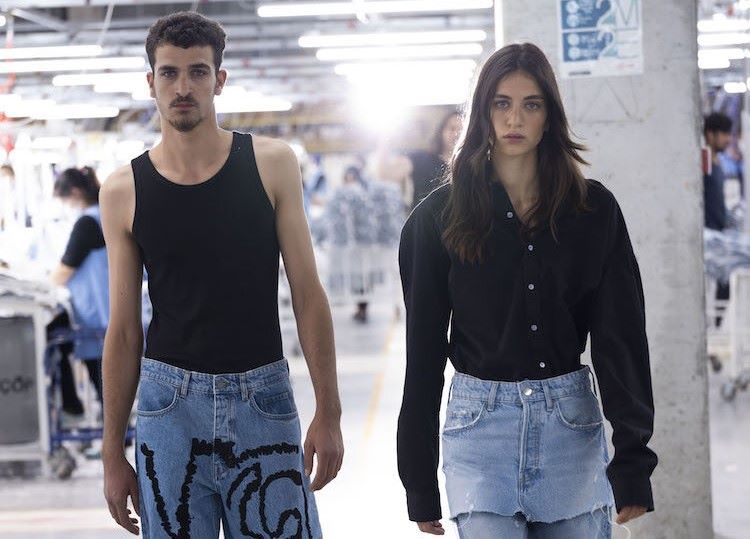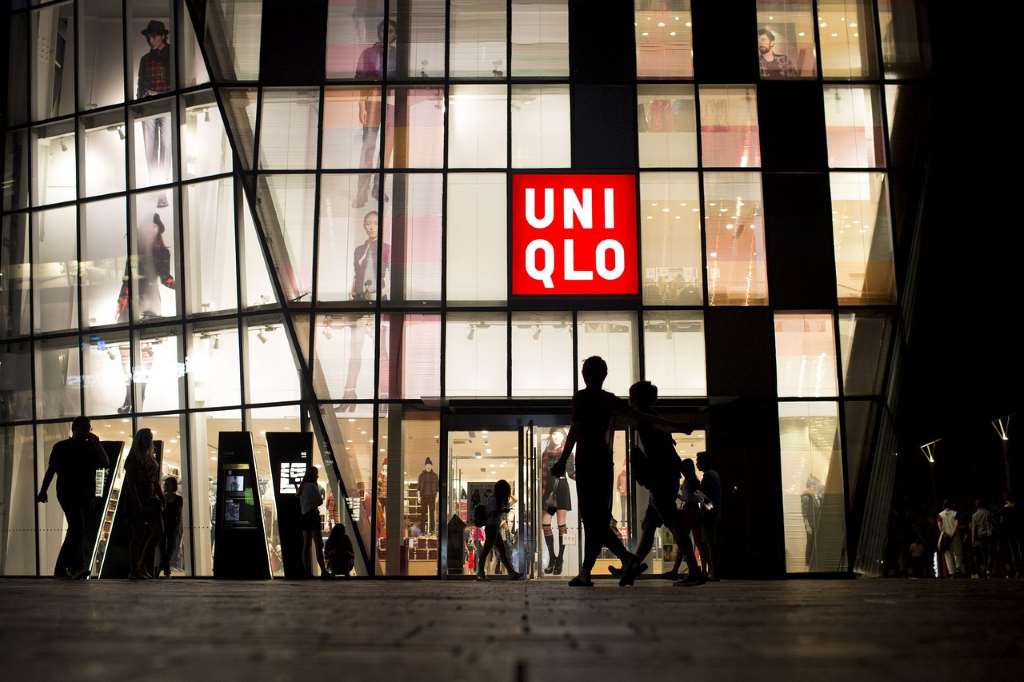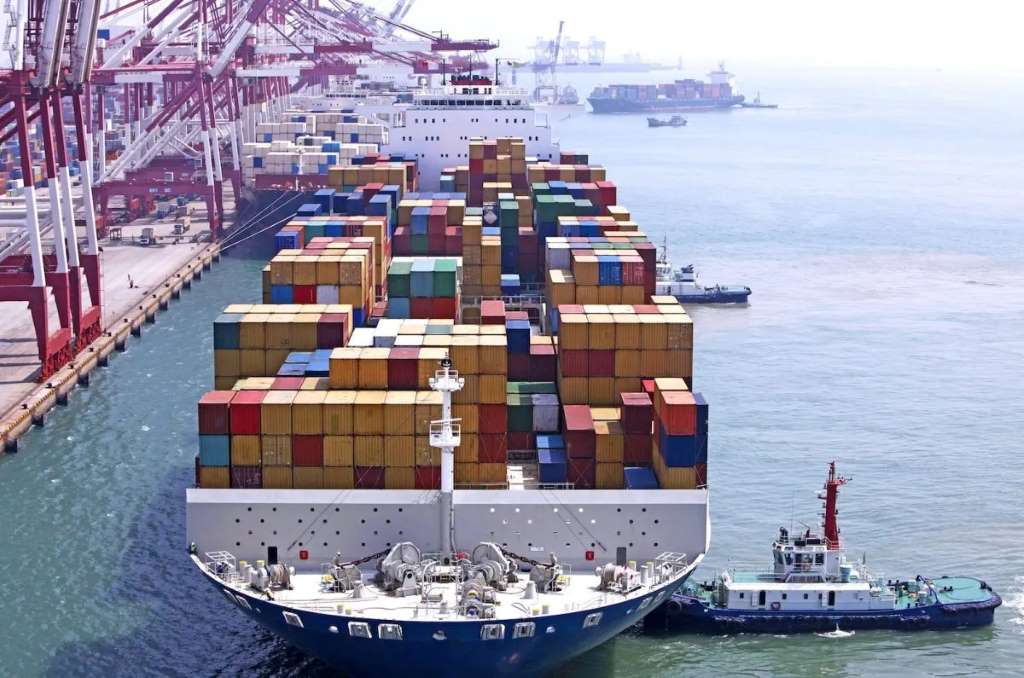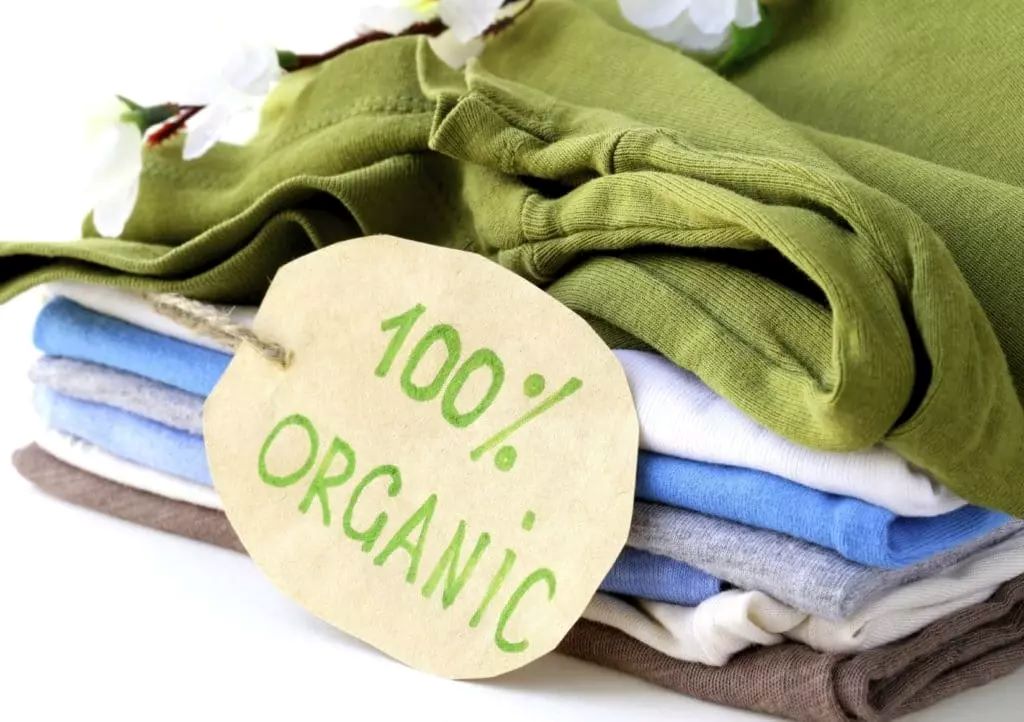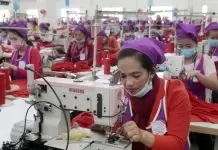 Last month, the European Commission partially withdrew tariff preferences granted to Cambodia under the EU’s ‘Everything But Arms” (EBA) scheme. EBA grants least developed countries such as Ethiopia, Bangladesh and Myanmar, duty- and quota-free access to the European single market. According to Drapers, this withdrawal will affect a few garment and footwear products in the country. However, these preferences will soon be replaced with EU standard tariffs from August.
Last month, the European Commission partially withdrew tariff preferences granted to Cambodia under the EU’s ‘Everything But Arms” (EBA) scheme. EBA grants least developed countries such as Ethiopia, Bangladesh and Myanmar, duty- and quota-free access to the European single market. According to Drapers, this withdrawal will affect a few garment and footwear products in the country. However, these preferences will soon be replaced with EU standard tariffs from August.
Withdrawal to result in job losses
Tristan Haddow, Chief Executive of clothing supplier Haddow Group points out, withdrawing tariff preferences will pose serious problems for the Cambodian economy. Thousands of workers are likely to lose their jobs, warned Garment Manufacturers Association in Cambodia (GMAC). The association believes this decision will incentivise buyers to source from countries with far weaker legacies of trade union rights. It will increase poverty in the country and make it more difficult to improve wages and benefits for other workers.
Exports to suffer most
The impact is likely to be further worsened by the current COVID-19 pandemic. As Cambodia’s Labor Ministry spokesman Heng Sour said, Cambodia’s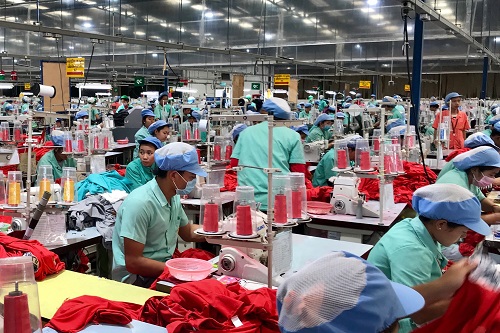 garment sector is either suspending operations or slowing production as nearly 200 factories face a shortage of raw materials from China. One of the biggest casualties of the tariff changes will be Cambodia’s clothing export sector warns Leonie Barrie, apparel analyst at GlobalData, as retailers will move their production to other countries that still benefit from duty-free access – for example, Bangladesh and Vietnam.
garment sector is either suspending operations or slowing production as nearly 200 factories face a shortage of raw materials from China. One of the biggest casualties of the tariff changes will be Cambodia’s clothing export sector warns Leonie Barrie, apparel analyst at GlobalData, as retailers will move their production to other countries that still benefit from duty-free access – for example, Bangladesh and Vietnam.
Consequences of this decisions are already been seen as high street heavyweight H&M recently announced a decision to review its sourcing strategy in the country. The retailer has sourced from Cambodia since the 1990s, and currently works with around 50 factories and suppliers based in the country.
An opportunity in disguise
However, Laura Moroll, Senior Manager at consultancy BearingPoint, who specialises in retail, opines retailers currently sourcing from Cambodia can take this opportunity to streamline their own processes in order to mitigate the cost impact of higher tariffs – as long as they ensure working conditions are up to scratch. They can also identify the areas where they are eroding margins and quite quickly recoup some of the higher tariff costs.
These price-conscious retailers can also look to shift production to other sourcing hubs, such as Vietnam – which agreed a free trade deal with the EU in February – and Bangladesh. The top priority for them currently is to ensure a fair and ethical treatment of factory workers besides making working practices more efficient.


